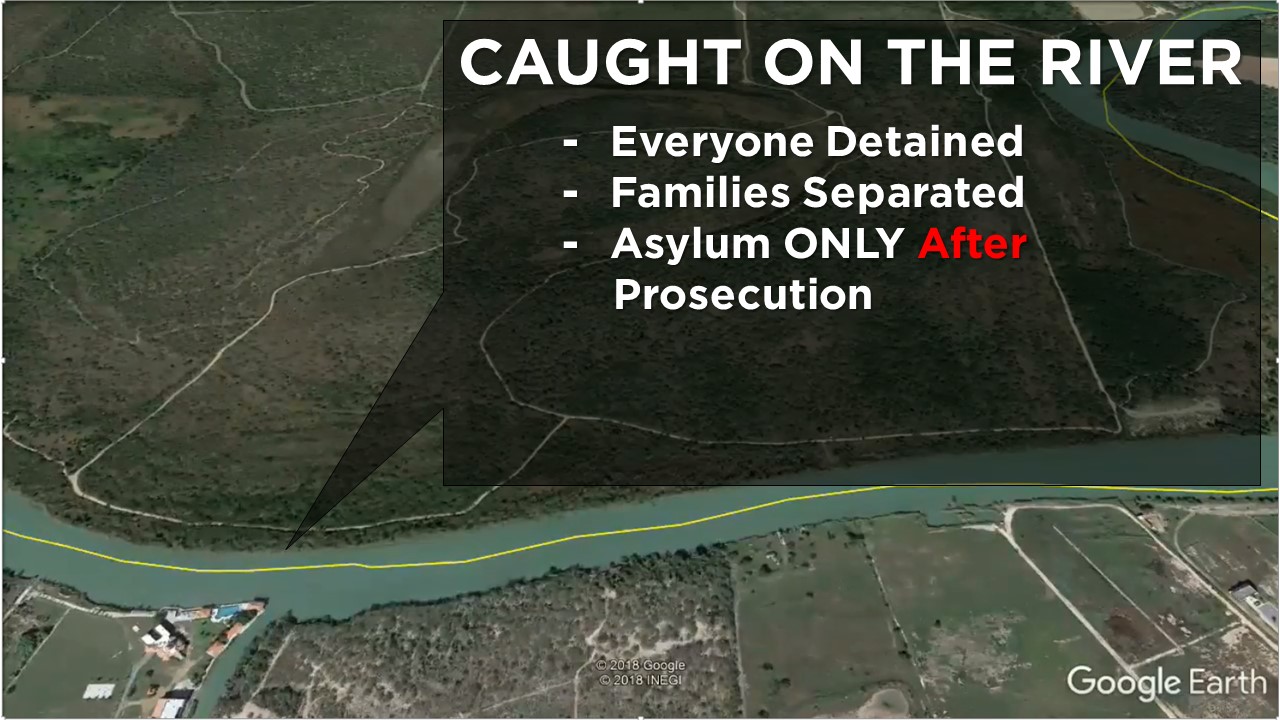Trump's immigration order sparks confusion, deep concern
HOUSTON (KTRK) -- Coming to the United States in search of a better life may be billed as the dream, but the reality of families coming to this country is quite different.
If you come to a legal port of entry seeking that, there is little for you. There is no visa available and no line to stand in. You are not admitted to the U.S.
If you make the same trip and seek legal asylum, you can make a claim of persecution for your race, ethnicity, religion or similar claim. But attorney general Jeff Sessions has recently said you cannot seek asylum just for encountering gang or domestic violence.
Some families or individuals choose to take a chance by crossing the Rio Grande. If caught, everyone is detained, families are separated and can seek asylum only after prosecution. Illegal entry is a misdemeanor crime.
But Trump's latest order is causing concern among those along the border because of a number of questions that remain unanswered.
It's still unknown how the new guidelines will play out and deep concern remains that the changes don't go far enough, allowing children to still be held in detention even if they remain with their families
Trump said Wednesday he didn't like seeing children being removed from their families, a recent practice that has sparked worldwide outrage. But he also said "zero tolerance" on illegal immigration continues, and children will be held with their parents while the adults are prosecuted.
It remains unclear what will happen with the more than 2,300 children separated from their parents at the border in recent weeks. Officials have said they are working to reunite families as soon as possible but have provided no clear answers on how that will happen.
"This is a stopgap measure," said Gene Hamilton, counsel to the U.S. Attorney General Jeff Sessions. Justice Department lawyers were planning to file a challenge to the Flores settlement, which requires the government to release children from custody and to their parents, adult relatives or other caretakers, in order of preference.
If those options are exhausted, authorities must find the "least restrictive" setting for a child who arrived without parents.
Justice Department lawyers will seek permission to allow for the detention of families until criminal and removal proceedings are completed.
For the latest investigations, follow Ted on Facebook and Twitter.
Have a tip for Ted Oberg? A problem to solve? Get in touch with us on our tip page, or send a tip below. (On mobile? You can open our form by tapping here.)
The Associated Press contributed to this article.











